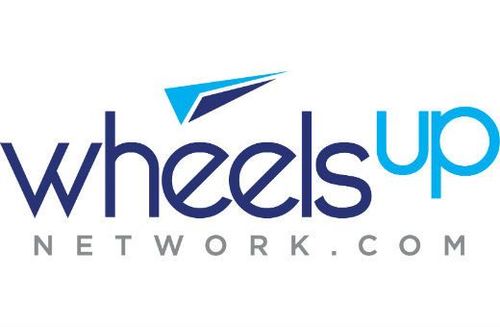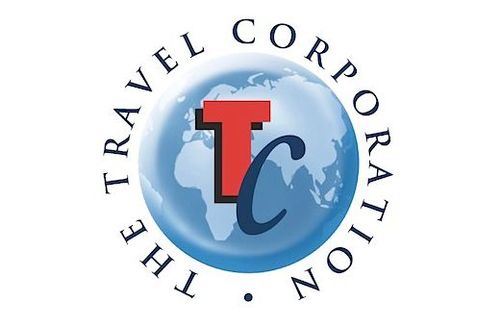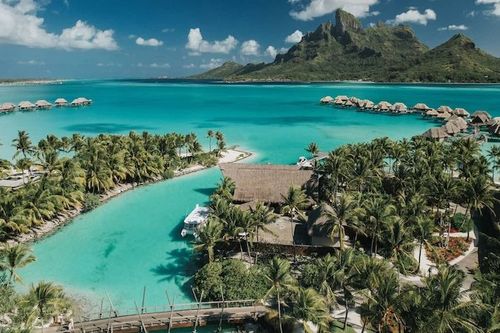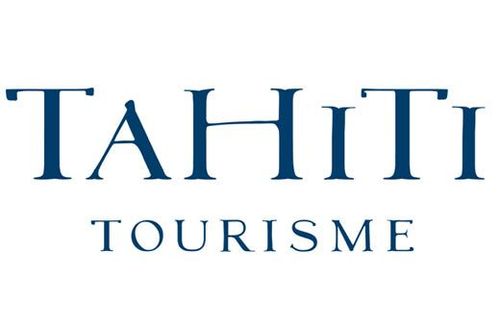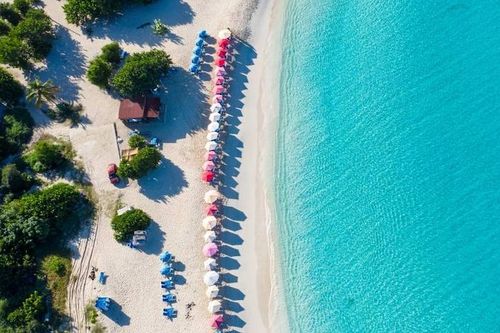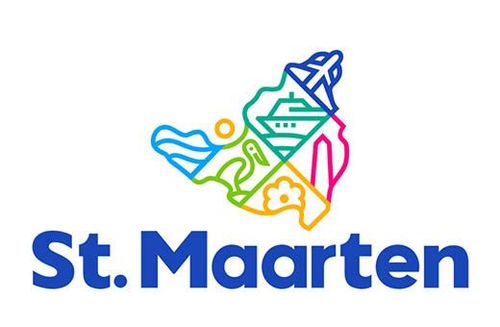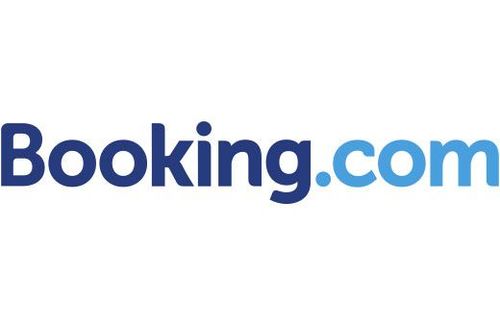Where travel agents earn, learn and save!
Travel & Selling Tips / 7 Things You Need To Know About Air Travel Now
How we will have to adapt to changes and regulations that are being implemented during the current pandemic of coronavirus
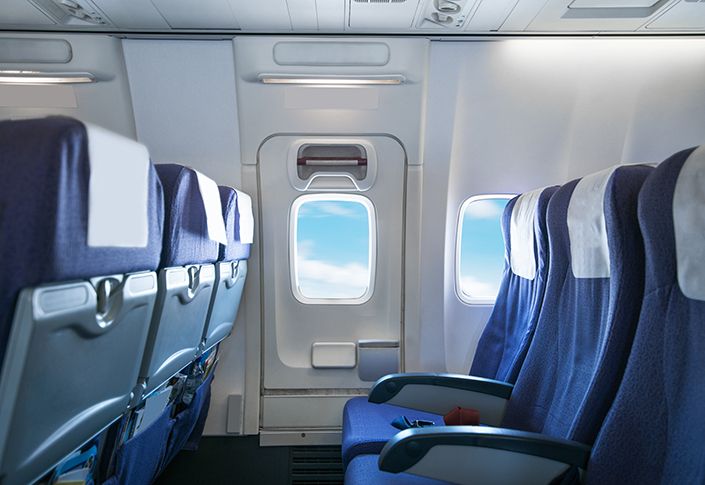
Due to the current outbreak of novel COVID-19 virus and the tremendous impact it is having on the travel industry, specifically on travelling by air, there are a lot of stories about the new normal of travel. So much information becomes overwhelming, and we will break it down to seven things you must know about air travel now.
This is not the first time that air travel has had to reinvent its safety protocols. Since 9/11 we are not allowed to bring water or any liquids through security check, and are often required to remove our shoes and belts. In much the same way we will have to adapt to changes and regulations that are being implemented during the current pandemic of coronavirus. You may need to wear a mask now even in a touchless empty terminal and forget about your favourite meals on an aircraft.
Prices for tickets will go up
According to IATA (International Air Transport Association) website:

If you think that airlines are struggling and are willing to give away cheap tickets, you are wrong. Airlines will jack up prices because of their debts and because there will be fewer airlines left in the market. It will still not be a monopoly but less competition always leads to higher prices. And if airlines do not go broke – they will be in major debt and take years to recover.
This would be unique to each carrier. Those with low liquidity, high costs and more restrictive government rules will suffer the most. If airlines will permanently be implementing fewer seats and restricting loads, then costs will have to go up for sure.
The International aviation authority has also indicated the air travel prices are likely to increase.
Airlines are no stranger to controversy over prices, particularly when it comes to taxes. Now new taxes are being introduced. The Austrian government will be introducing a new 30 EUR flight tax on flights under 350 km which will have negative impacts on low cost carriers. This may be a start of a new trend in Europe and worldwide.
Some airlines give you an extra bonus: for example passengers who purchase an Etihad Travel voucher between 10 and 24 June 2020 will receive an extra 50% cash value for future travel from 1 August 2020 onwards. You will need this extra bonus money because of inflation and ticket prices up in the near future.
Start getting used to wearing a mask
Masks or some type of face coverings are becoming mandatory to wear on board an aircraft. Most airlines will not supply passengers with masks. You have to bring your own mask. In Las Vegas McCarran Airport, PPE items can be bought at vending machines across the airport.Masks are now also becoming mandatory in many airports. The GTAA, for example, is requiring everyone to have a face covering of some kind in public areas of the terminal. This includes both employees and passengers. Some operators are providing masks if required, others asking for people to bring their own. As a mandatory item, masks will be required for quite some time now.
Do not travel with 38 C or higher temperature
The Government of Canada announced on June 12, 2020, that there will be temperature screening in Canadian airports.

Air Canada and West Jet were already doing it. Temperature screening came into effect at Pearson airport on July 30, 2020. Other Canadian airports to follow.
Humans, however, can have a fever for the number of reasons: regular cold, infected root canal, pregnancy etc. Coronavirus tests being done at the airport upon arrival in some European counties. If your test is negative, you are released in couple of hours from the airport without the need of a quarantine for 14 days. Similarly, Hawaii is requiring recent test results of coronavirus test.
One thing you may see is international health passports that you will need to keep current for travel purposes. That would be interesting to do in countries that don’t have free healthcare.
Check current COVID-19 Travel Regulations Map
Empty airports
Only employees and passengers are allowed into terminal of Toronto Pearson as of June 1. All employees and passengers required to wear masks and keep social distancing.

Meeters and greeters are not permitted to enter the terminals. Upon arrival you are expected to leave terminal as soon as you pick up your checked baggage. Montreal Trudeau airport will be next for this implementation.
Touchless future
There will be no tablet rental on the aircraft for a while. However if you are in an aircraft that doesn’t have an in-flight entertainment system you still can watch your favourite shows on the carriers app as many carriers now have their own app.Social distancing paradox: because of slower processing due to social distancing in lines passengers are now required to arrive in airport 3-4 hours before their flight. However airlines are not forced to implement social distancing on the aircraft which means you may very well be sitting right next to someone who you just previously in airport kept distance from. For example, repatriation flight of Ukraine International Airlines on June 13 was completely sold out – 274 passengers sitting next to each other.
You will not give your passport or travel document to anyone anymore, you will show it with distance or put it against the glass for the officer to see. No paper boarding passes will be printed - scan from your phone only. Some airlines are taking an additional step: United Airlines will require passengers to complete a health self-assessment during their check-in.
Air travel, however, transports coronavirus. The Government of Canada created statistical chart with domestic and international flights that had confirmed cases of coronavirus onboard.
Coronavirus disease (COVID-19): Locations where you may have been exposed to COVID-19
Travel bubbles
As countries begin to reopen, they apply a layered approach and many of them are creating Travel Bubbles. For example, people coming from Australia can only travel to New Zealand and vice versa.There is a big push from the Travel & Tourism sector to appeal to governments to get rid of 14 days quarantine restrictions. It becomes meaningless to have a discussion about a restart of aviation if those restrictions are in place.
No food
There is either no food on board or fewer options now - bottled water only and no frills such as coffee or alcohol. No duty-free shopping either. You may be permitted to bring your own snacks and food. Do not expect buffets in airport lounges; however, lounges will still exist with prepackaged or plated meals, and actually touch-free lounges may be the safest place to wait for your flight in post COVID-19 world. Luxury travel resume fastest – premium travelers have money and time.As air travel is entering a new stage in its history, it is important to stay informed.
Created by Iryna Koliuda, Travel Therapy 101



